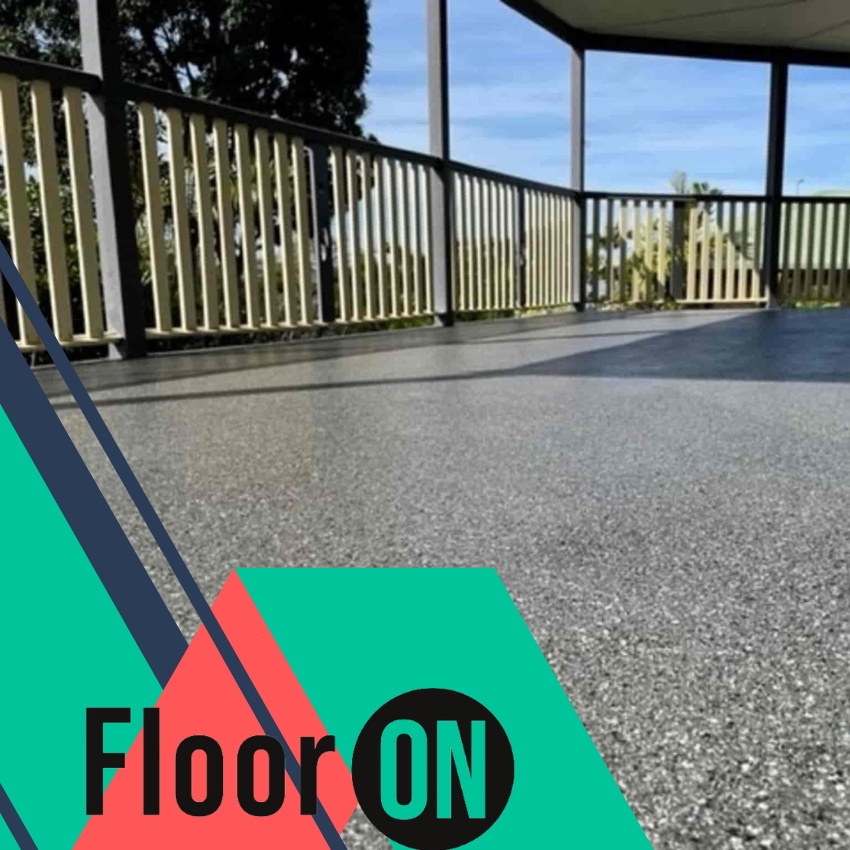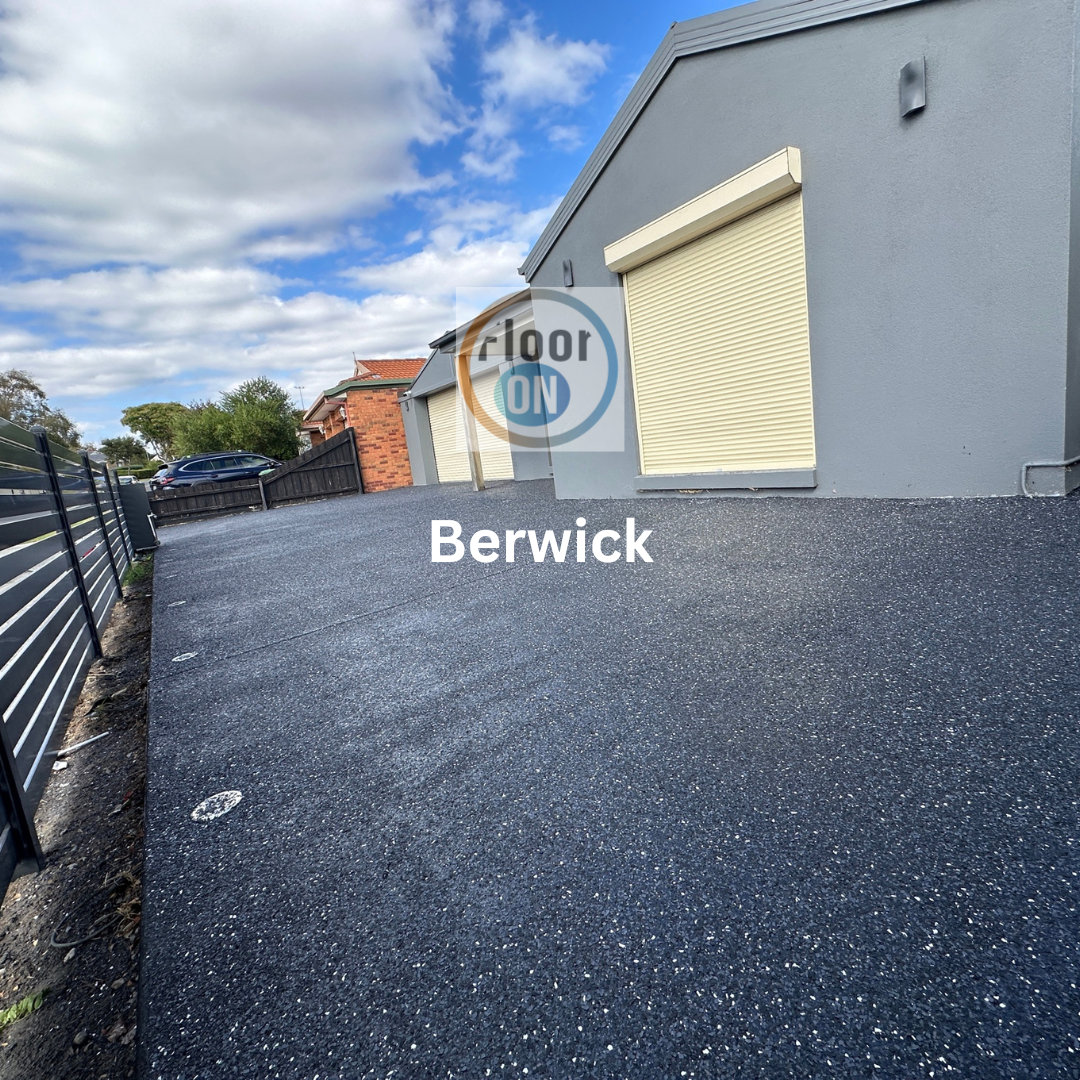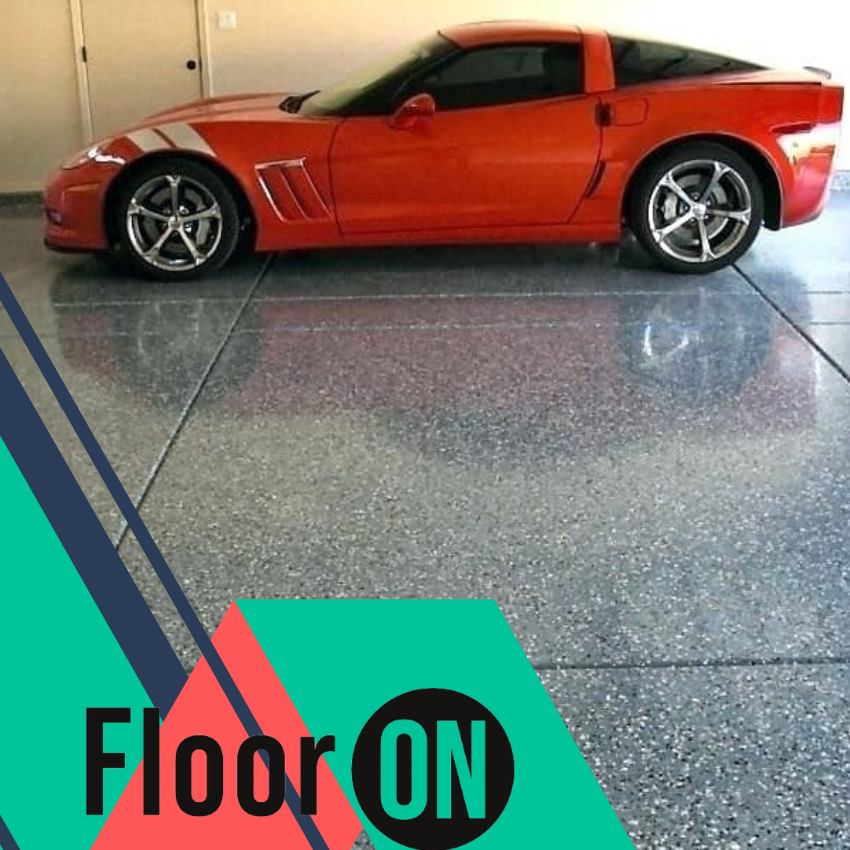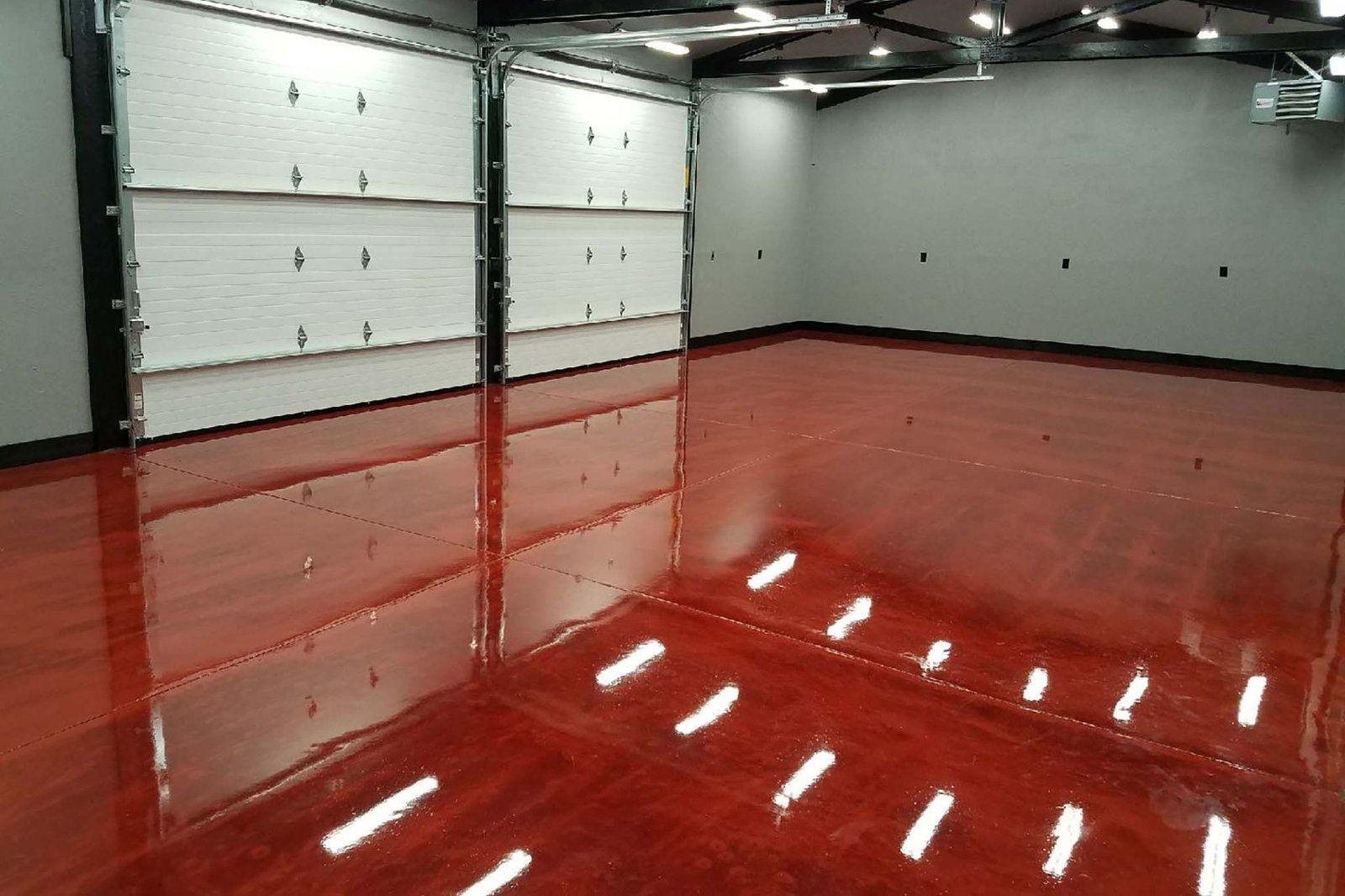Polyaspartic Floor Coating: A Durable and Versatile Choice for Your Flooring Needs
If you’re looking for a flooring solution that is both durable and versatile, then you might want to consider polyaspartic floor coating. This type of coating has been gaining popularity in recent years due to its many benefits, such as its quick drying time, excellent adhesion, and high abrasion resistance.
In this article, we will discuss everything you need to know about polyaspartic floor coating, from its composition to its advantages and disadvantages. So, let’s dive right in!
What is Polyaspartic Floor Coating?
Polyaspartic floor coating is a type of protective coating that is applied to concrete floors to protect them from damage and wear. It is a two-part system that consists of a resin and a hardener. The two parts are mixed together and applied to the concrete floor. The chemical reaction that occurs between the two parts causes the mixture to cure and harden quickly.
Polyaspartic floor coating is often used in commercial and industrial settings due to its high durability and resistance to abrasion, chemicals, and UV rays. It can also be used in residential settings, such as garages, basements, and patios.
Advantages of Polyaspartic Floor Coating
Polyaspartic floor coating offers several advantages over other types of flooring solutions. Here are some of the benefits of polyaspartic floor coating:
1. Quick Drying Time Polyaspartic floor coating has a very short drying time. It can be applied and cured in as little as one day. This means that you can have your floors coated and back in use quickly, without having to wait for days for the coating to cure.
2. High Durability Polyaspartic floor coating is highly durable and can withstand heavy traffic, abrasion, and impact. It is ideal for commercial and industrial settings where floors are subjected to constant wear and tear.
3. Chemical Resistance Polyaspartic floor coating is highly resistant to chemicals, such as oils, solvents, and acids. This makes it ideal for use in settings where spills are likely to occur, such as auto repair shops, factories, and warehouses.
4. UV Resistance Polyaspartic floor coating is highly resistant to UV rays. This means that it will not fade or yellow over time, even when exposed to direct sunlight.
5. Easy to Clean and Maintain Polyaspartic floor coating is easy to clean and maintain. It can be cleaned with a mop and mild detergent. It does not require waxing or polishing, which can save you time and money in the long run.
Disadvantages of Polyaspartic Floor Coating
While polyaspartic floor coating offers many benefits, there are also some disadvantages to consider. Here are some of the drawbacks of polyaspartic floor coating:
1. High Cost Polyaspartic floor coating is more expensive than other types of flooring solutions, such as epoxy or concrete stains. However, its durability and longevity make it a cost-effective option in the long run.
2. Limited DIY Options Polyaspartic floor coating is not a DIY-friendly option. It requires specialized equipment and expertise to apply properly. This means that you will need to hire a professional to install the coating, which can add to the overall cost.
3. Slipperiness Polyaspartic floor coating can be slippery when wet. This can be a safety concern, especially in settings where water or other liquids are likely to be present. To reduce the risk of slips and falls, it is recommended to add a slip-resistant additive to the coating.
How to Apply Polyaspartic
How to Apply Polyaspartic Floor Coating?
Applying polyaspartic floor coating requires specialized equipment and expertise. Here are the general steps involved in the process:
1. Surface Preparation The surface to be coated must be thoroughly cleaned and prepared before applying the polyaspartic coating. Any oil, grease, or dirt must be removed, and the surface must be etched or mechanically abraded to ensure proper adhesion of the coating.
2. Mixing the Coating Polyaspartic floor coating is a two-part system that must be mixed together in the correct proportions before application. The mixture must be stirred thoroughly to ensure even mixing.
3. Applying the Coating The coating is applied using a squeegee or roller. It is important to work quickly and evenly to avoid streaks or uneven coverage. The coating can be applied in multiple layers for added durability.
4. Curing Time Polyaspartic floor coating cures quickly, usually within 24 hours. The coated surface should not be used or exposed to heavy traffic until the coating is fully cured.
Polyaspartic Floor: FAQs
Here are some frequently asked questions about polyaspartic floor coating:
1. How long does polyaspartic floor coating last? Polyaspartic floor coating can last up to 15 years with proper maintenance and care.
2. Can polyaspartic floor coating be applied to any surface? Polyaspartic floor coating is designed to be applied to concrete floors. It may not adhere properly to other surfaces, such as wood or tile.
3. Is polyaspartic floor coating safe for food preparation areas? Polyaspartic floor coating is safe for food preparation areas as it is highly resistant to chemicals and stains.
4. Can polyaspartic floor coating be customized? Polyaspartic floor coating can be customized with a variety of colors, patterns, and textures to meet your specific design needs.
5. How long does it take to apply polyaspartic floor coating? The application process for polyaspartic floor coating can typically be completed within one to two days.
6. How should polyaspartic floor coating be maintained? Polyaspartic floor coating should be regularly cleaned with a mild detergent and a soft mop. Heavy machinery should be moved with caution to avoid damaging the coating.
Conclusion
Polyaspartic floor coating is a durable and versatile flooring solution that offers many benefits over other types of flooring. While it may be more expensive than other options, its longevity and low maintenance make it a cost-effective choice in the long run. Whether you’re looking for a commercial, industrial, or residential flooring solution, polyaspartic floor coating may be just what you need.
So, why wait? Contact a professional flooring company today to learn more about polyaspartic floor coating and how it can benefit you.





